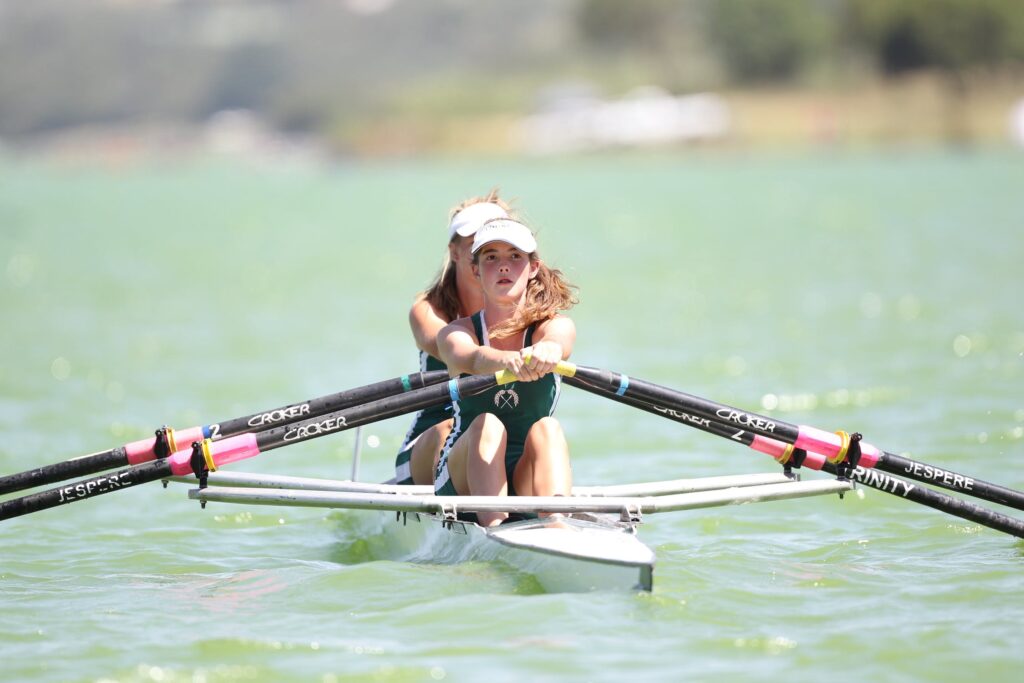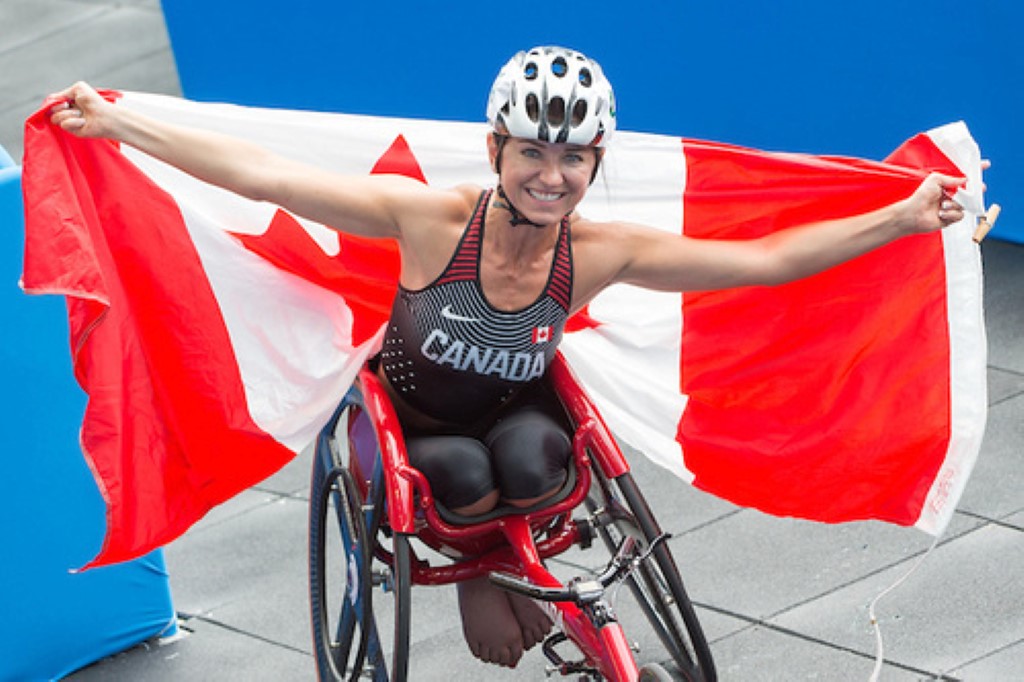Active breaks
When it comes to sedentary behaviour (waking time spent at rest in a sitting or reclined position), Canadian adults received a grade of F in the 2021 ParticipACTION Report Card on Physical Activity for Adults. Not surprisingly, more than 60% of Canadians reported spending more time using the internet and watching TV during the pandemic….
Getting girls back in the game: A conversation with experts and community leaders

This blog recaps the first webinar in the 4‑part mini-series Engaging Girls and Women in Sport. SIRC and Canadian Women & Sport co-hosted the mini-series, which you can access or learn more about by visiting our SIRC Expert Webinars page. — The COVID‑19 pandemic continues to disrupt the sport in Canada and around the world….
COVID-19 and high performance
COVID-19 has significant health impacts, making it a concern for elite athletes. Encouragingly, a study from the United Kingdom shows that most national team athletes with COVID-19 only experienced mild illness. But it’s not the same for everyone. Athletes with symptoms in the lower respiratory tract, such as chest pain, were more likely to have…
2021 year in review: How SIRC embraced the “new normal”

After 2020 surprised us all with a global pandemic, many of us looked to 2021 with hope for a gradual return to our pre-pandemic “normal.” And with the widespread rollout and uptake of COVID-19 vaccines across the country, the activities that we put on hold as the pandemic unfolded, from social gatherings to travel, began…
COVID-19 program adaptations
Sport organizations were challenged to adapt their programming during the COVID-19 pandemic, offering unique opportunities for program evaluation. While organizations that paused their programs had a chance to step back and formulate new evaluation questions, organizations that changed their programming reported an increased value of evaluation due to shifts in program goals or delivery.
International Day of People with Disabilities
Findings from the COVID-19 Disability Survey showed the needs of over 50% of respondents weren’t being met in areas such as food, housing, emotional counselling, transportation and more. As the world continues to reopen, it’s critical that that the voices and lived experiences of persons with disabilities inform decision-making processes.
Activating Safe Sport communities
Earlier this year, SIRC launched Community Activation Grants to help communities across Canada recover from COVID-19 through Safe Sport opportunities. Discover how sport organizations from coast to coast are using the grants to activate Safe Sport and concussion awareness initiatives in their communities in the SIRCuit.
Athletes as stakeholders
“Engaging (athletes) and treating them as the important stakeholders that they are will not only be good for the athletes but also good for the viability and the long-term longevity of sport.” Beckie Scott, 2002 Olympic gold medalist in cross-country skiing and a stalwart in the international anti-doping movement, reflects on the value of having…
Beijing to Birmingham: Thinking outside the Para sport classification box

The Tokyo 2020 Summer Paralympic Games are in the books, with the 2022 Winter Paralympic Games (Beijing) and Commonwealth Games (Birmingham) just around the corner. Our 128 Canadian Paralympians competed in Tokyo, bringing home 21 medals. Canada’s team joined 4,275 high performance Para sport athletes from 62 countries for 12 days of competition in 22 Paralympic sports. Despite the unprecedented challenge of hosting…
Pandemic swimming
With 1000 participants and thousands more spectators expected to attend, Swimming Canada had the biggest Olympic and Paralympic Trials in its history scheduled for April 2020—until COVID-19 forced it to be postponed. Fortunately, and with the help of a 35-page safety plan, a scaled-down event was held during spring 2021 to determine athletes for Olympic…